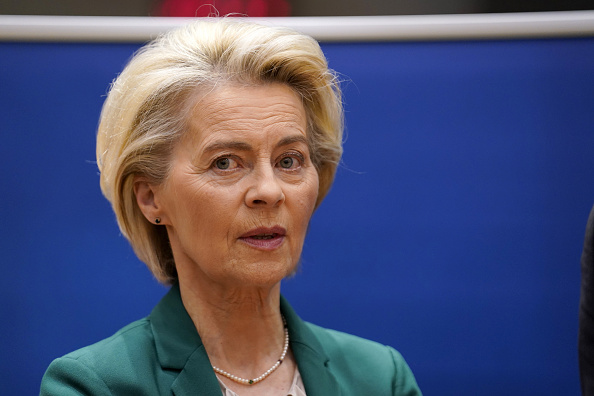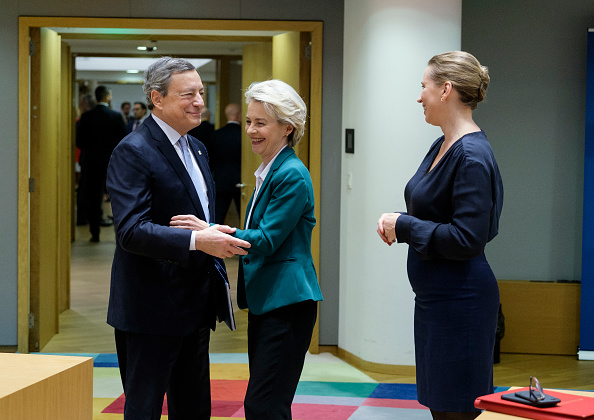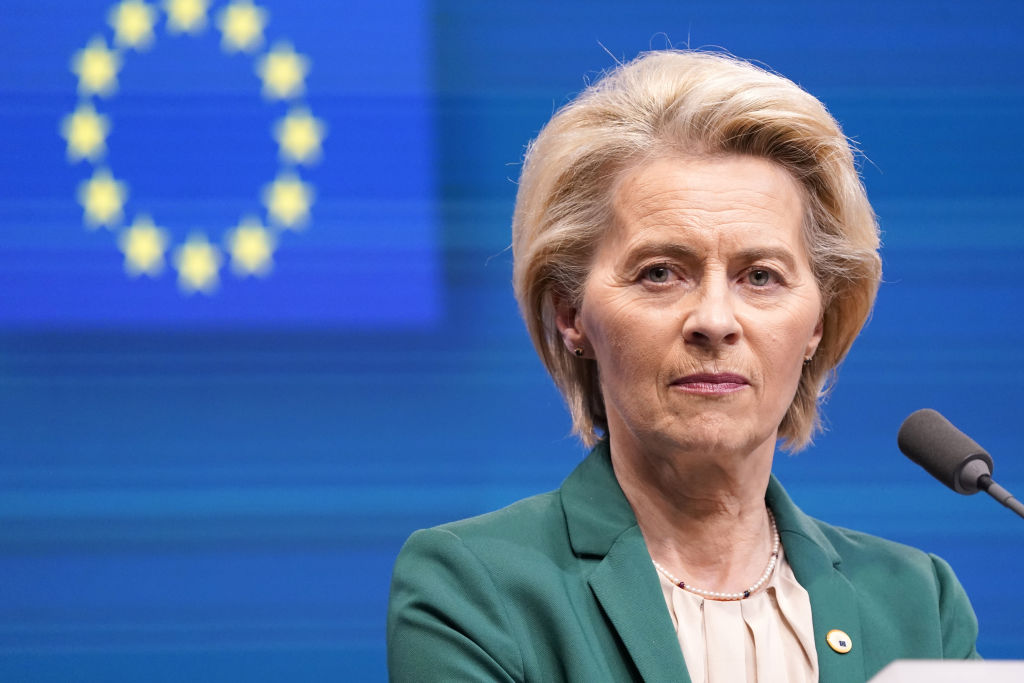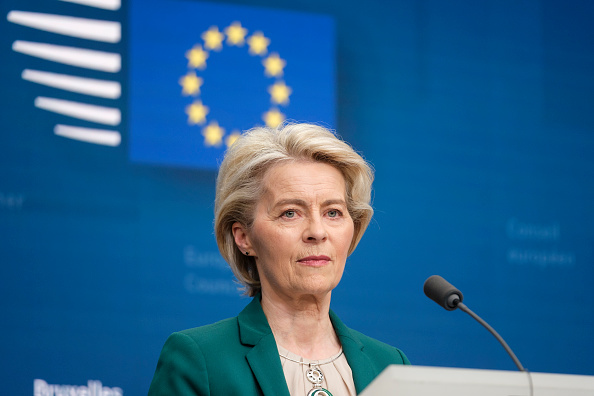The European Parliament Renew bloc’s recent loss of members will increase the Greens’ influence over European Commission President Ursula von der Leyen of the European People’s Party (EPP), two Green MEPs told Brussels Signal.
Renew’s loss of seats, after seven MEPs from the Czech ANO party left the bloc June 21, “may increase the clout of the now depleted Greens/EFA group in the Parliament”, said outgoing Irish Green MEP Ciarán Cuffe.
Von der Leyen’s possible majority in parliament “looks a little shaky today as a result of Renew Europe’s fragility”, Cuffe added.
“Keeping the Green Deal on track would be the main aim for the Greens” in offering their support to von der Leyen for a second stint a EC chief, said Cuffe.
“It’s important for us that we don’t see any backsliding in the Green Deal,” agreed Kira Peter-Hansen, a Danish Green MEP re-elected in June.
In exchange for supporting von der Leyen for another term as EC president, the Greens’ aim would be “ensuring that new laws in the 2024-2029 period keep the European Union on course to achieve climate neutrality by 2050, if not sooner”, Cuffe said.
“Of course, political realities may temper that ambition,” he admitted.
Likewise, Greens would need to compromise to be part of a four-way coalition alongside EPP, Socialists and Democrats (S&D), and Renew, Peter-Hansen told Brussels Signal.
With the (S&D) down 12 seats, and Renew losing 23, the Greens could offer von der Leyen a more stable majority, she said.
“A collaboration between the four pro-European groups is the most stable for Europe,” said Peter-Hansen.
The Greens would look to win as much support as possible for the last Parliament’s Green Deal initiatives in exchange for their support, but are also willing to compromise, she said.
“We of course acknowledge that an agreement between four groups means that everyone has to compromise, and as Greens we’re ready to go into this discussion and see if we can find common ground,” she added.
The Greens/EFA bloc currently had 53 seats, 19 fewer than in the previous parliament.
In light of the election result, “a more practical goal would be to ensure that the far-right do not stall on climate laws and social protection”, admitted Cuffe.
The Greens received a pummelling in June’s elections which saw Cuffe lose his Dublin seat, as did Ireland’s other Green MEP, Grace O’Sullivan in Ireland South.
In the weeks after the election, the Greens’ fortunes possibly stood to rebound slightly after the stumble by Renew, which the European Conservatives and Reformists (ECR) have now overtaken as the EP’s third largest party.
Pan-European Volt party’s five MEPs also told members June 20 they wanted to join the Greens. That news came as a further blow to Renew, since in the last Parliament Volt’s two members were split between Renew and the Greens.
Renew now had 69 seats, after losing seven Czech ANO members.
Before the election, the S&D and Renew parties pledged not to co-operate with the ECR headed by Italian PM Giorgia Meloni.
The ECR currently has 83 seats, 21 more seats than in the previous parliament.
While von der Leyen’s EPP was happy to admit the ECR into a governing coalition, the S&D and Renew were not.
Excluding the ECR created more opportunities for the Greens, who argued a four-legged table was – as both Cuffe and Peter-Hansen stated – “more stable”.





